THE NEW YORK TIMES: How healthy are potatoes?
Sweet potatoes tend to get most of the nutritional glory, but regular potatoes deserve another look.
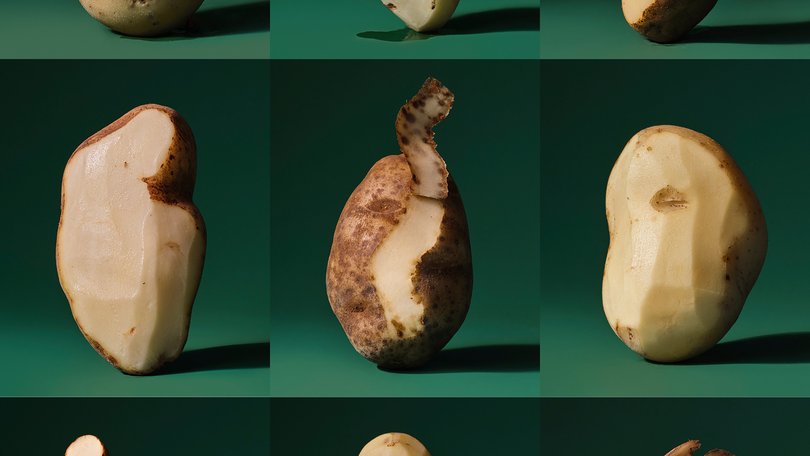
Sweet potatoes tend to get most of the nutritional glory, but regular potatoes (russets, fingerlings, red and Yukon Golds) deserve another look. The tubers help to support your immune system, aid in various bodily functions and keep you energised.
“Potatoes often get a bad reputation” because they’re commonly eaten in the form of French fries or potato chips, said Tal Kleiner, a clinical nutrition manager at NYU Langone Health.
But when they’re prepared in a healthy way, potatoes are an “amazing, nutrient-dense” food, she added.
Sign up to The Nightly's newsletters.
Get the first look at the digital newspaper, curated daily stories and breaking headlines delivered to your inbox.
By continuing you agree to our Terms and Privacy Policy.They stoke your energy.
Potatoes are high in carbohydrates (a medium-size peeled russet potato has about 35 grams), but that doesn’t make them “inherently bad,” explained Tara Schmidt, a dietitian and instructor of nutrition at the Mayo Clinic in Rochester, Minnesota — it just means they may not be considered an “unlimited” food.
Potatoes are complex carbs that take longer for the body to break down and digest than simple carbs, so they provide a steadier source of energy, which helps you feel fueled and fuller for longer, Ms Kleiner said.
But certain varieties do have a high glycemic index, meaning they can rapidly spike blood sugar, Ms Kleiner said. Diets rich in foods with a high GI have been linked to an increased risk of diabetes and heart disease.
Waxy potatoes, like fingerlings and red potatoes, tend to have a lower GI than russet or Idaho potatoes, she explained, and boiled and roasted potatoes have a lower GI than fried or mashed ones.
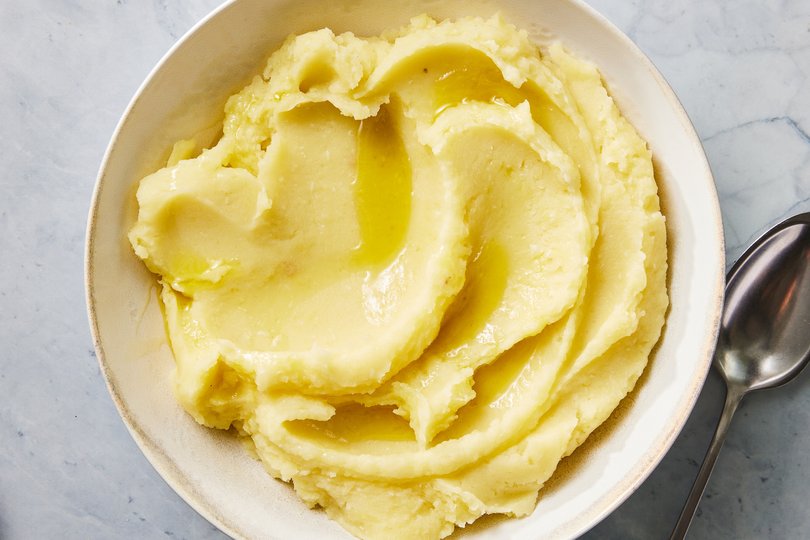
To help manage blood sugar spikes and slow digestion, Ms Schmidt suggested “meal balancing” by pairing potatoes with lean protein, healthy fats and nonstarchy vegetables.
They support a healthy immune system.
Potatoes are a surprisingly solid source of vitamin C. One medium peeled russet potato offers about 25 per cent of the recommended daily amount. Vitamin C is essential for the growth and repair of tissue.
It also acts as an antioxidant, keeping your immune system strong and helping to protect against chronic diseases such as heart disease and cancer.
Potatoes are also full of phenolics, a type of polyphenol that helps reduce inflammation, regulate immune function and protect cells from damage.
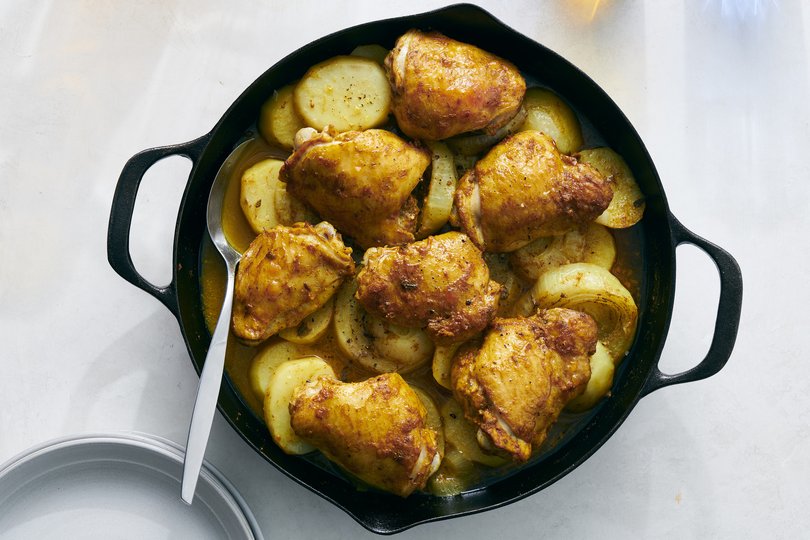
And they contain a modest amount of vitamin B6, which is needed for cardiovascular, immune and mental health, said Mary Ellen Camire, a professor of food science and human nutrition at the University of Maine who has studied potatoes’ health benefits.
They have more potassium than a banana.
Potassium is an electrolyte that the cells in your nerves and muscles need to function, and it helps keep blood pressure in check. But few people get enough potassium in their diet.
One medium peeled russet potato has about 900 milligrams, compared with 650 milligrams in a similar serving of banana. That’s roughly 30 per cent of the recommended daily amount.
And don’t forget the skin.
Potato skins contain much of the vegetable’s phenolics, as well as its fibre. One medium baked potato with the skin on has about 10 per cent to 20 per cent of the recommended daily amount of fibre, depending on a person’s age and sex.
The darker the colour of the skin and flesh, the more nutritious the potato, said Mary Ellen DiPaola, a senior outpatient dietitian at the University of California, San Francisco.
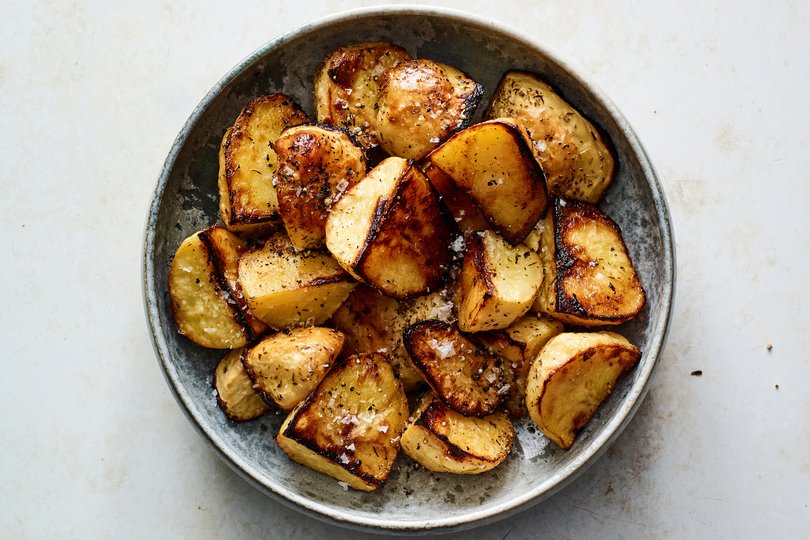
Purple and red potatoes are packed with pigments called anthocyanins, which can promote cardiovascular health, slow starch digestion and help stave off cognitive problems, Ms Camire said.
Is there a best way to eat potatoes?
To fully reap the nutritional benefits, preparation is the key. When baked, roasted or boiled with minimal add-ons, potatoes are virtually fat-free.
But piling them with butter or sour cream or frying them can quickly torpedo their nutritional profile. Instead, experts recommend a drizzle of olive oil or hot sauce.
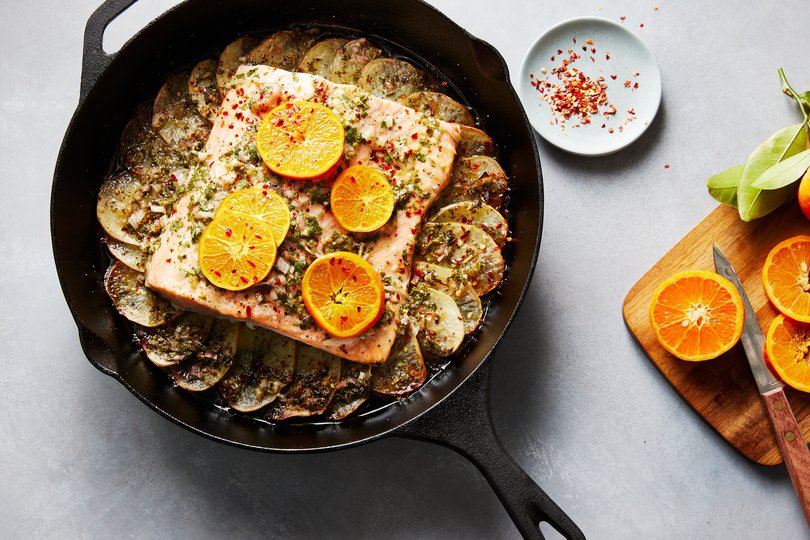
Potatoes are a more nutrient-dense option than processed white starches such as rice or pasta, Ms DiPaola said. “And who doesn’t like potatoes?”
This article originally appeared in The New York Times.
© 2025 The New York Times Company
Originally published on The New York Times
